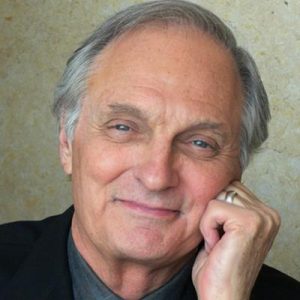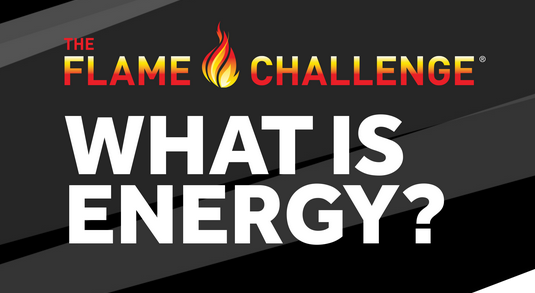 Using Social Media To Connect With Your Professional Community
Using Social Media To Connect With Your Professional Community
Social media is a great way to boost your visibility as a serious student of solid state and electrochemical science, learn about important developments and key players in the field, build your ECS Student Chapter, and launch/navigate your career.
When you engage on social media as a professional, your membership in ECS’s unique community gives you a springboard. You can employ ECS’s Twitter, LinkedIn, Facebook, and YouTube channels to build your network, share valuable research you discover, and help share ECS news. When you publish research, social media is a great tool for enhancing the discovery of your paper, and research indicates that social sharing increases the likelihood of citations and replications.
Here are some tips to help you effectively promote your professional self, your ECS Student Chapter, and your work on social media: (more…)




 We humans have collectively accumulated a lot of science knowledge. We’ve developed vaccines that can eradicate some of the most devastating diseases. We’ve engineered bridges and cities and the internet. We’ve created massive metal vehicles that rise tens of thousands of feet and then safely set down on the other side of the globe. And this is just the tip of the iceberg (which, by the way, we’ve discovered is melting). While this shared knowledge is impressive, it’s not distributed evenly. Not even close. There are too many important issues
We humans have collectively accumulated a lot of science knowledge. We’ve developed vaccines that can eradicate some of the most devastating diseases. We’ve engineered bridges and cities and the internet. We’ve created massive metal vehicles that rise tens of thousands of feet and then safely set down on the other side of the globe. And this is just the tip of the iceberg (which, by the way, we’ve discovered is melting). While this shared knowledge is impressive, it’s not distributed evenly. Not even close. There are too many important issues  Truth seems to be an increasingly flexible concept in politics. At least that’s the impression the Oxford English Dictionary gave recently, as it declared “post-truth” the
Truth seems to be an increasingly flexible concept in politics. At least that’s the impression the Oxford English Dictionary gave recently, as it declared “post-truth” the  Actor, writer, and science advocate Alan Alda recently launched the sixth
Actor, writer, and science advocate Alan Alda recently launched the sixth